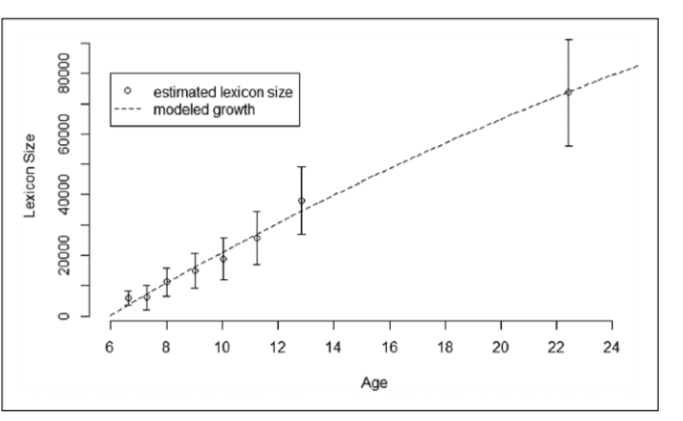Hey,
My question is not a general one, I would like to get your opinion about my situation. I have been studying Japanese for a while, I mainly use Anki for my vocabulary, I have a deck with around 8.000 words in it and I finished around 5.000. So on paper I have around 5.000 words of vocabulary. I am at last part of the deck but it takes time because words got harder (and similar to each other).
People always say “immersion” but my immersion has been mostly about Anime, Japanese games and rarely Japanese drama. If I am playing a Japanese game with lots of dialogue, I maybe have like few hours of immersion every day, if not maybe between 30 and 60 minutes at most. Of course I know Anime or games aren’t great for learning how to speak Japanese, let’s put that aside for a now because I am mostly asking about vocabulary.
Now here is my question. I learn around new 8 words per day but I have been thinking, maybe I can lower that amount and instead I would focus on more immersion? Do you guys think this is a good idea? Can you even learn new words just by watching things? Or do I have to do some stuff like taking notes of words I don’t know then check their meanings. Or maybe since we use subtitles (hopefully) we learn it naturally? Or maybe our brain is so great that it can guess meanings of the words by context. Basically, do you guys improve your vocabulary just by watching Japanese things? Or maybe immersion is for improving long term memory about the words we have already learnt.
What do you think? Just talk to me about your experience please.

 ) learner, and Anki literally didn’t exist when I first started out with Japanese.
) learner, and Anki literally didn’t exist when I first started out with Japanese.

 I always love when people do that
I always love when people do that